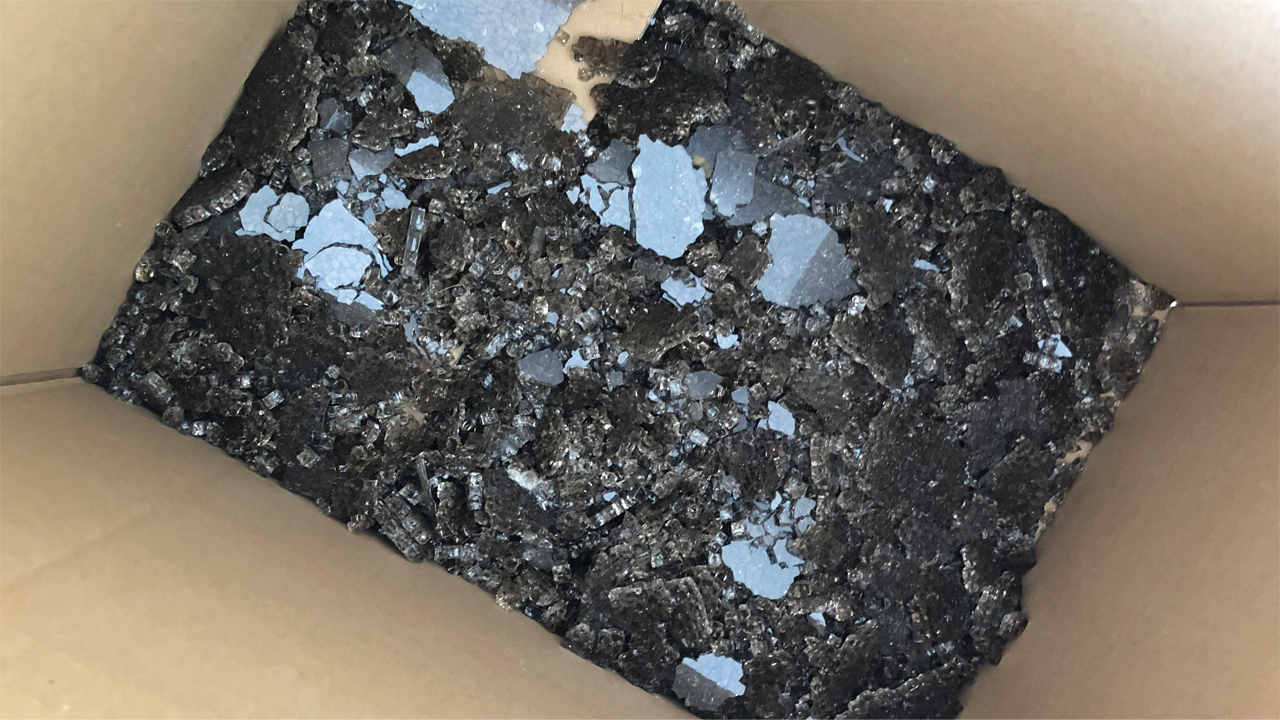Damage to transferees’ personal effects can cause stress at the best of times, but the pandemic may have heightened emotions further. Annemieke Verhorst, of Dutch insurance surveyor and loss adjuster RVJ – which assists move insurers with loss assessment and claims – offers tips on staying calm
The COVID-19 pandemic has invited us all to look at life differently, so you can imagine the extra challenges it has brought to transferees and their families. Since 2006, when I shifted from the moving industry to handling household goods claims, I haven’t seen as many tears as I have over this year. Stories I have heard from moves all around the world (most of them performed by non-FIDI Affiliates, I would like to add) include:
- The transferee having to quarantine, so they could not be present at the packing. All their personal effects were packed into boxes without proper protection or a logical order
- At the delivery of a 40ft container, only one family member was allowed to be present because of COVID regulations. It was impossible to manage the process fully, and after the movers left, a lot of damage was found – and items were missing
- Moving crews generally being smaller in number because of increased, and unexpected, sick leave, resulting in them working under great pressure, and leading to damage
- In certain locations, large numbers of expats had to leave at the same time, so less-experienced movers were hired. Transferees saw crew members being paid cash after the job was done
- After packing and shipping a container, assignments were cancelled and containers travelled around the world before reaching their destination – sometimes with mould and mildew occurring as a result.
These bad experiences can result in what I call ‘emo claims’, where the negative emotions are translated in the claim. As if money could ever take away the pain or bring back 18th-century family portraits.
In times such as these, I can understand it – but I cannot assess it. Anger, frustration or grief are impossible to cover under any insurance policy. So, a different approach to claims handling is required, and – even more so than normal – preparation and listening are crucial. Because building trust is like water to fire, and will calm down the transferee. A calm person is more receptive to ‘fair and reasonable’ claims handling.
Over the years, I have developed an approach based on the nonviolent communication model introduced by Marshall Rosenberg in 2003. If you have communication issues, on any level, I recommend incorporating it into your life:
Observe, don’t judge
This may sound easier said than done, because we all have thoughts and convictions about what we deem logical, normal or acceptable.
Appoint the emotion
‘I can imagine you are…’. Say this and people will feel understood and listened to. If the emotion has a name, people will look at the emotion from a distance, instead of being overwhelmed by it.
Be genuine and compassionate, but don’t make promises you cannot keep
Beware of your own state of mind, and try to eliminate its influence on your reactions. Also, be aware of what your role is and, maybe even more important, what it is not. You are not a counsellor.
Find the need
There is always one item or issue that really lights the fire. Find it, address it and, if you can, solve it.
Summarise and close the emo phase
‘If we follow this action plan, does that help you? Will that solve your problem?’
Start to solve
Stick to giving practical help and, if necessary, remind the transferee that history can’t be rewritten and that negative emotions do not speed up the process.
Last, but not least: keep smiling!

